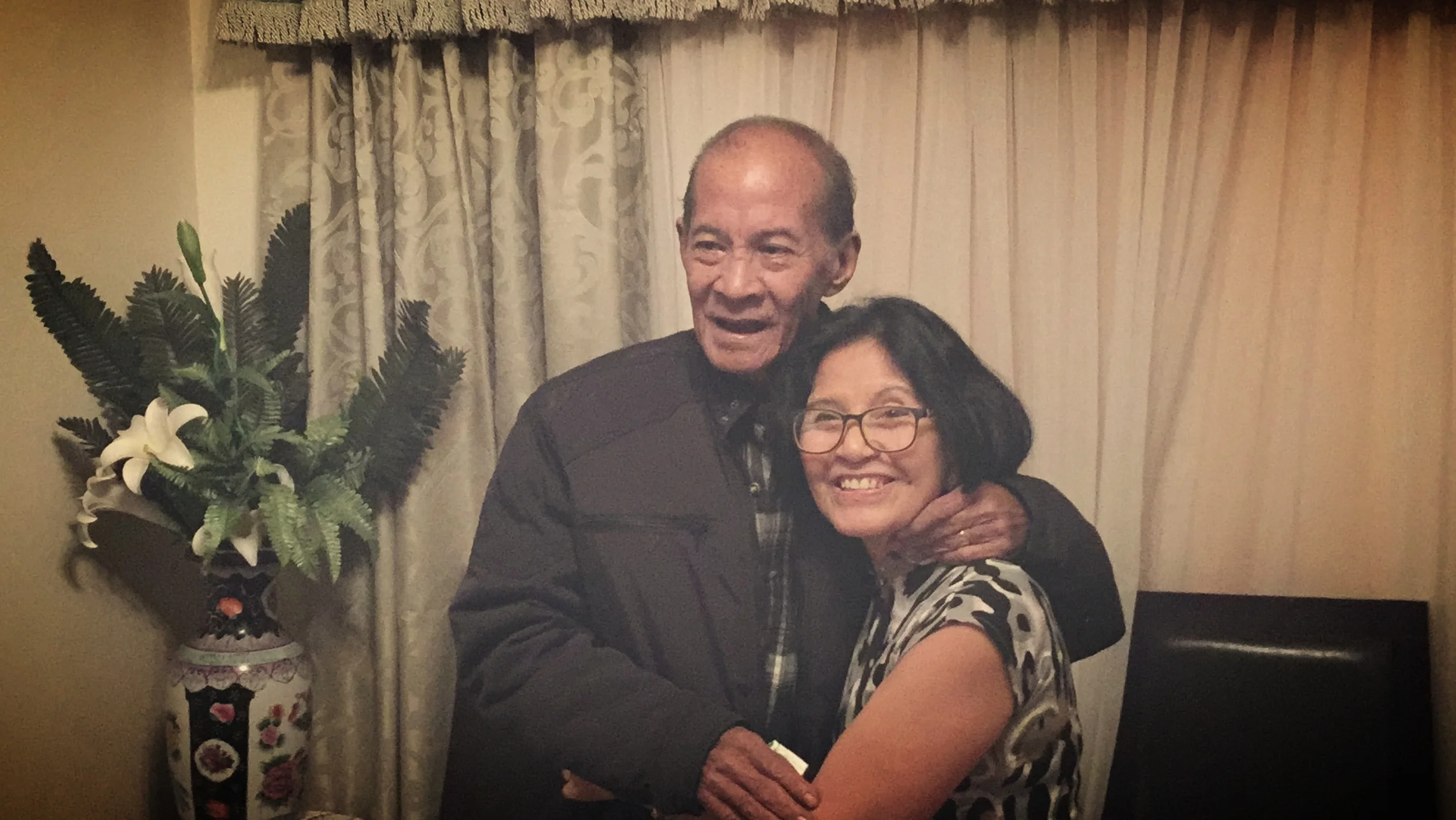What is a Deputy Order?
A Deputy is a court appointed individual, given the authority by the Court of Protection, to make decisions for someone who lacks capacity, to ensure the well management of their day to day affairs.
Deputy Order a Lasting Power of Attorney?
A Deputy Order, similar to its cousin, the Lasting Power of Attorney, allows an individual to make decisions around the health and welfare or/and property and financial affairs of the person lacking capacity.
When a person is deemed to have lost capacity, it can be difficult for friends and family members to gain access to bank accounts to pay for care, or to make decisions involving medical treatment without a Lasting Power of Attorney or Deputy Order.
However, obtaining a Deputy Order is a lengthy process, and dissimilar to the Lasting Power of Attorney, the application is made once a person has lost capacity. Applications can take up to six months and this is largely dependent on the external factors, such as receiving doctors and hospital reports, required for assessing capacity. The Court uses the statements made by medical professionals in these reports to decide whether an individual has capacity and whether appointing a Deputy is in their best interest.
Given the nature of a Deputy Order and the fact the decision to appoint a Deputy is not made specifically by the person lacking capacity, it requires more stringent checks and is more expensive than a Lasting Power of Attorney.
The Court of Protection are very involved with the Deputies and their management of affairs and from the moment they are appointed, they are made aware of their responsibilities. Deputies for Property and Financial Affairs, must also pay a security bond (the Court decides whether this is a yearly fee or a one of fee) which provides insurance cover.
Procedure involved:
The appointment of a Deputy is done through various application forms that look at the personal circumstances of the person lacking capacity and the person applying to be Deputy. Accompanying forms made by medical professionals must also be submitted, to show that an individual is lacking the capacity and indeed requires a Deputy Order.
Special Decisions:
To make a one off decision such as selling a property, a Deputy must apply to the court for a supplemental order. Once the initial Deputy Order is received, the time period it takes to gain the supplementary order for the one off decision, is, in usual circumstances a shorter process.
While it is sometimes unavoidable to have to apply for a Deputy Order, it is highly recommended to have a Lasting Power of Attorney in place. Not only does this ease the financial burden of having to apply for a Deputy Order, but it also provides certainty for the future, meaning that your friends and loved ones are not put in a position where they having to apply on your behalf. The Lasting Power of Attorney also has an option that allows you to remain in control until you are deemed to have lost capacity. This allows you the freedom deciding who acts as your attorney and how decisions are made (joint or separately).
Please feel free contact us if you wish to discuss Lasting Powers of Attorney and Deputy Orders.

